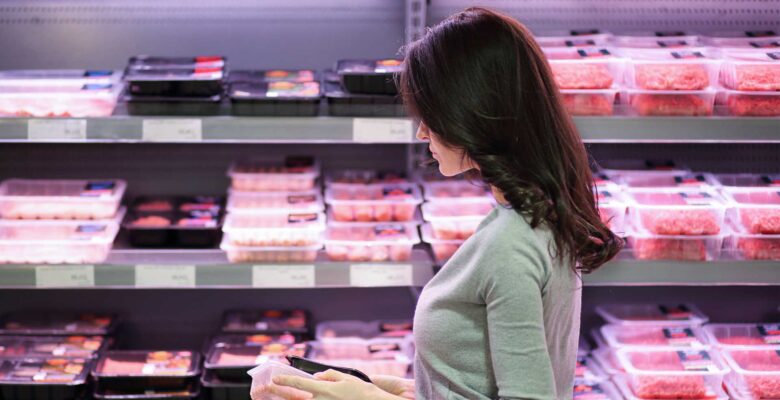
Post-Brexit border checks will boost food inflation
Delayed five times already, post-Brexit physical border checks on animal products, plants and plant products will finally start on the 30th April, but newly-revealed costs are bad news for consumers and small businesses.
Announced last week by Defra, the UK’s food and environment ministry, the Common User Charge (CUC) will apply to small imports of products such as fish, salami, sausage, cheese and yoghurt, with the flat-rate of £10 or £29 per commodity capped at £145, “specifically to help smaller businesses”, Defra said.
Critics said that while fees are capped, they remain substantial at £145 for most consignments and with the government announcing the charges at the last minute, affected businesses have little time to revise their commercial arrangements, which means increased costs and potentially less consumer choice.
The government has already delayed implementing the changes five times, partly to give business time to prepare and to reduce disruption to supply chains.
The government said the flat-rate charge was at the “bottom end of the range which we consulted with industry on” and was designed to “recover the costs of operating our world-class border facilities”.
The Fresh Produce Consortium said the charges would add £200m in costs for the fresh produce sector, at a time it is already struggling with inflation.
The CUC will only apply to commercial movements of animal products, plants and plant products through the Port of Dover and Eurotunnel. It covers imports, goods in transit and goods eligible for sanitary and phytosanitary (SPS) checks at a government-run border control post.
There are currently no physical or identity checks for live animal imports from the EU at border control posts.
The CUC will apply to each commodity line in a common health entry document (CHED) and the maximum charge for one CHED will be limited to 5 commodity lines, even if there are more than 5 commodity lines present in the CHED.
The government decided to rule out charging by inspection, or weight, calculating the CUC by dividing the operational costs of planned government-run BCP facilities by the forecast volume of import commodities eligible for checks, to distribute the cost across business of all sizes.
CUC rates only apply to goods entering the UK via Eurotunnel or the port of Dover, while the other (circa 30) commercially run entry points will set their own rates.
PSP Worldwide Logistics provide customs brokerage solutions, guidance and support in line with the regimes in force on both sides of the Channel.
To discuss your situation and to learn how we simplify EU/UK customs compliance, please EMAIL operators director, Michelle Redman.
